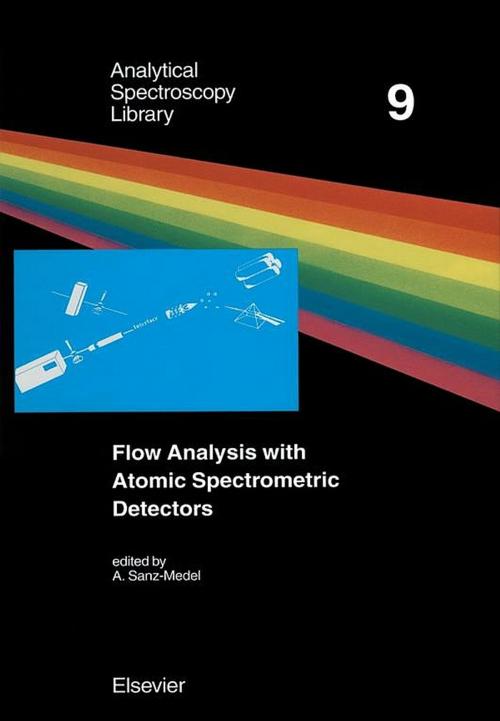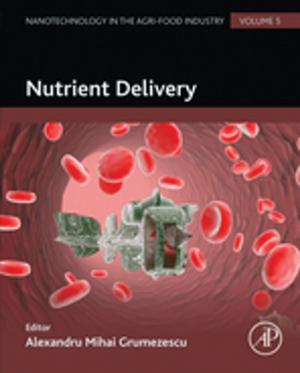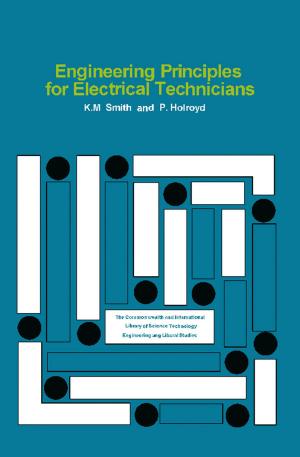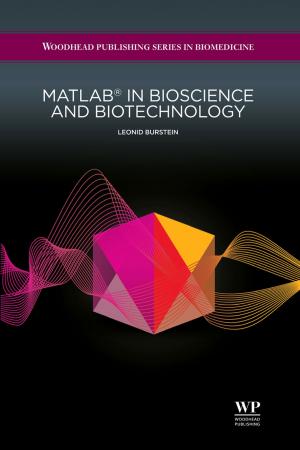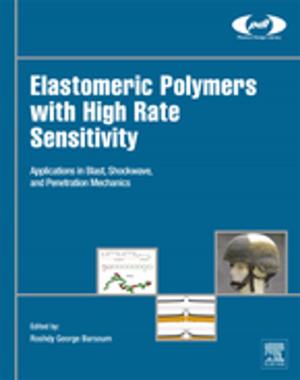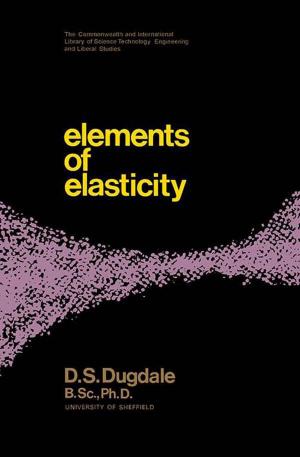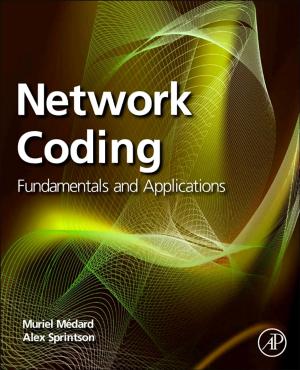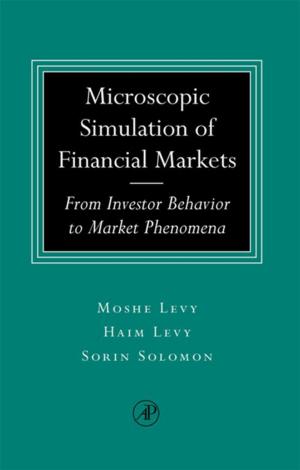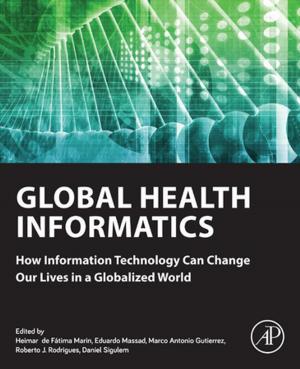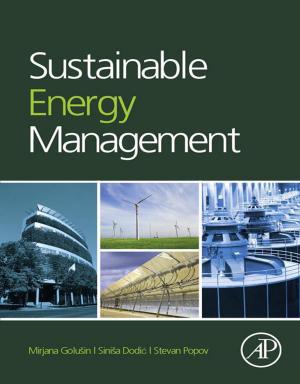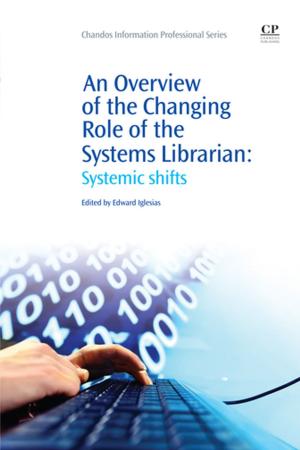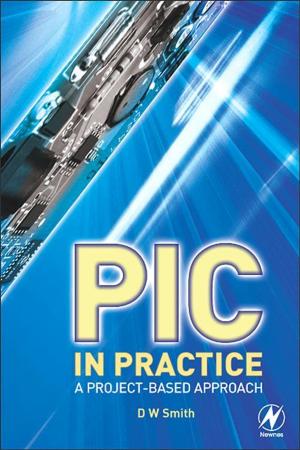Flow Analysis with Atomic Spectrometric Detectors
Nonfiction, Science & Nature, Science, Physics, Spectrum Analysis, Chemistry, Analytic| Author: | ISBN: | 9780080531700 | |
| Publisher: | Elsevier Science | Publication: | February 25, 1999 |
| Imprint: | Elsevier Science | Language: | English |
| Author: | |
| ISBN: | 9780080531700 |
| Publisher: | Elsevier Science |
| Publication: | February 25, 1999 |
| Imprint: | Elsevier Science |
| Language: | English |
Flow Analysis (FA) offers a very convenient and fast approach to enhance and automate 'preliminary steps' of analysis (sample dissolution, pretreatments, preconcentrations, etc.) for atomic spectrometric detectors (ASD). Moreover, flow manifolds can ease the well-known problem of sample introduction/presentation to atomisers or even expand the classical scope of atomic/elemental information, characterizing atomic spectrometry, into the realm of molecules and metal-compounds analysis (e.g. by resorting to coupled separation techniques). All these facts could explain both the extraordinary interest for research and the great importance for practical problem-solving achieved nowadays by FA-ASD.
On the threshold of the new millennium when plasma emission and mass spectrometry are so important and popular, the editor considered it timely to produce a book which covers all present atomic detectors and techniques where FA has been or can be advantageously employed. The book has been conceived in three separate parts: Part I gives the fundamental, instrumentation and potential of FIA as a most versatile sample presentation/introduction system for atomic spectrometry. Part II provides a modern account of fundamentals, possibilities and applications offered by flow analysis to atomic spectrometry for on-line sample pretreatments, separations and preconcentrations. Part III deals with applications of FA-ASD combinations to analytical problem-solving in most varied fields and situations.
This monograph integrates the most popular aspects of FIA, its new developments for sample on-line treatments and on-line non-chromatographic and chromatographic separations (all typical 'flow analysis') in connection with all branches of analytical atomic spectrometry. Thus, academics, researchers and routine users of analytical atomic spectrometry will find this book invaluable.
Flow Analysis (FA) offers a very convenient and fast approach to enhance and automate 'preliminary steps' of analysis (sample dissolution, pretreatments, preconcentrations, etc.) for atomic spectrometric detectors (ASD). Moreover, flow manifolds can ease the well-known problem of sample introduction/presentation to atomisers or even expand the classical scope of atomic/elemental information, characterizing atomic spectrometry, into the realm of molecules and metal-compounds analysis (e.g. by resorting to coupled separation techniques). All these facts could explain both the extraordinary interest for research and the great importance for practical problem-solving achieved nowadays by FA-ASD.
On the threshold of the new millennium when plasma emission and mass spectrometry are so important and popular, the editor considered it timely to produce a book which covers all present atomic detectors and techniques where FA has been or can be advantageously employed. The book has been conceived in three separate parts: Part I gives the fundamental, instrumentation and potential of FIA as a most versatile sample presentation/introduction system for atomic spectrometry. Part II provides a modern account of fundamentals, possibilities and applications offered by flow analysis to atomic spectrometry for on-line sample pretreatments, separations and preconcentrations. Part III deals with applications of FA-ASD combinations to analytical problem-solving in most varied fields and situations.
This monograph integrates the most popular aspects of FIA, its new developments for sample on-line treatments and on-line non-chromatographic and chromatographic separations (all typical 'flow analysis') in connection with all branches of analytical atomic spectrometry. Thus, academics, researchers and routine users of analytical atomic spectrometry will find this book invaluable.
